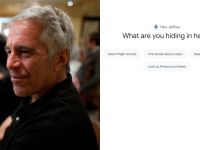General Data
Population 2.85 million (1999), including 80% expatriates
Religion 90% Muslim
Government Federation of Emirates
Languages Arabic (English is widely spoken)
Work Week
Private Sector:
Saturday - Thursday
8:30 - 13:00;
16:30 - 20:00
Public Sector:
Saturday - Thursday
8:30 - 13:00
Oil Sector (Dubai):
Sunday - Thursday
8:00 - 17:00
Monetary Unit UAE Dirham (DH)
Exchange Rate DH 3.67=US$1
Current Political Climate
The United Arab Emirates is a member of the Gulf Cooperation Council, which consists of Oman, Bahrain, Saudi Arabia, Kuwait and Qatar.
The main external political situation confronting the UAE is its ongoing dispute with Iran over three islands: Abu Musa and the Lesser and Greater Tumbs. The UAE claims that the Islands, now controlled by Iran, belong to them. They were occupied by the Shah in 1971. The Iranians insist the islands are under its sovereignty.
In 1999, the situation caused tension between the UAE and Saudi Arabia after the latter hosted a visit by Iranian President Mohammad Khatami. The UAE denounced the visit and accused Saudi Arabia of sacrificing regional allies to improve relations with the Islamic Republic.
On the domestic front and in an effort to curb the problem of illegal laborers, the government passed a law expelling all foreign laborers in violation of their visas. In reality though, the government needs the foreign workers because nationals refuse to accept labor jobs.







